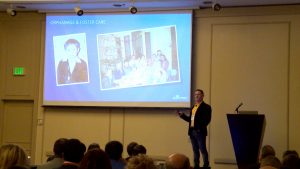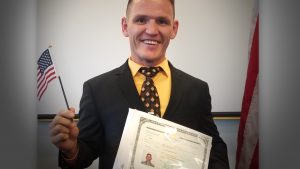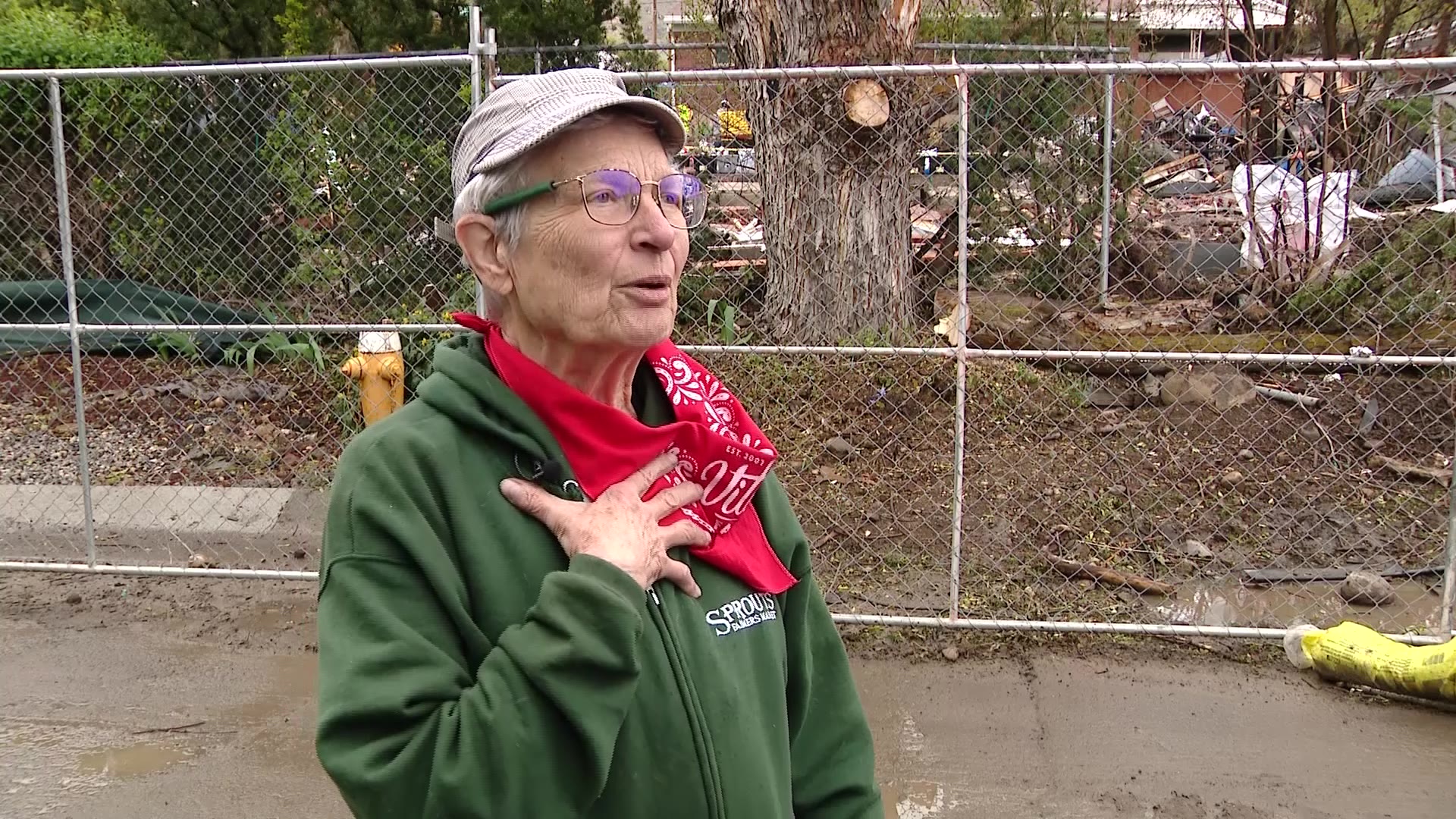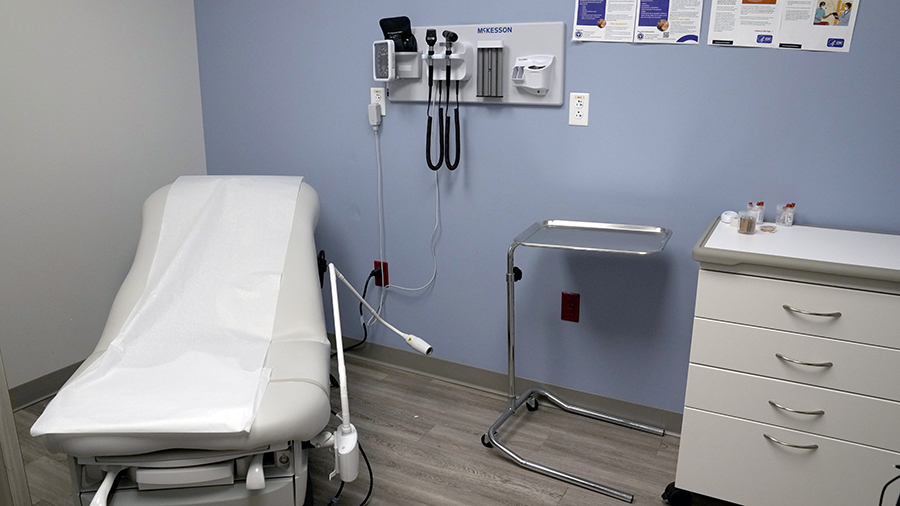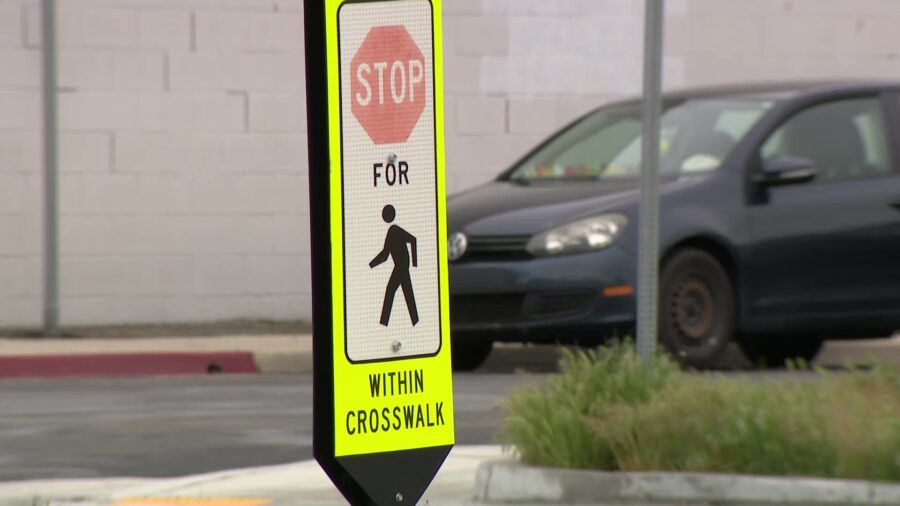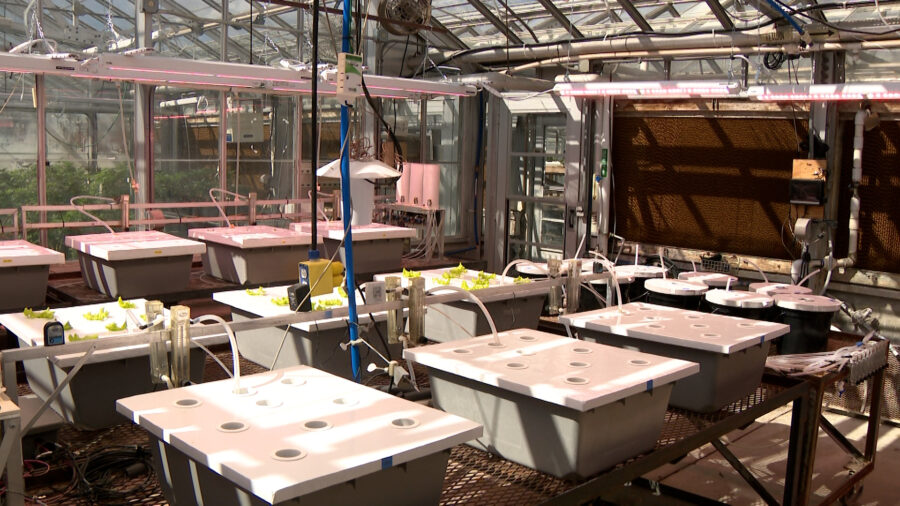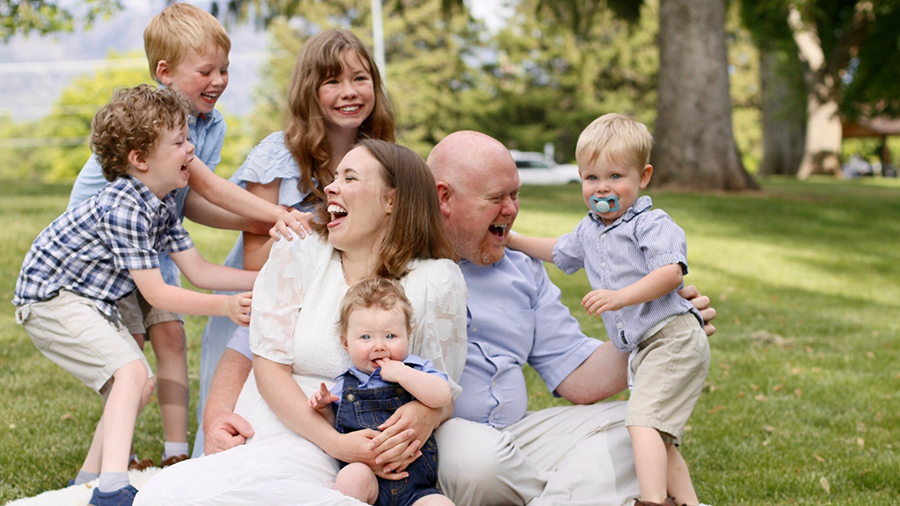Journey from Ukraine orphanage to Utah entrepreneur
Mar 19, 2018, 6:45 PM | Updated: Apr 27, 2018, 10:08 am
SALT LAKE CITY – At a posh downtown Salt Lake City hotel, Vitaliy Kirkpatrick stood up before an audience of venture capitalists and asked them for a half-million dollars. Just a few years ago, the scene would have been unthinkable.
Kirkpatrick sounds like he almost doesn’t believe it himself.
“I don’t know how I moved up,” he said. “I don’t know, is just so quick, 14 years, but is still so quick.”
Kirkpatrick grew up in Ukraine. His mother went to a hospital to give birth, he says, and then just left him behind. He spent his childhood in the orphanage and then a foster home. He had no money, at times, no home, and no future.
“I didn’t think about the future, just the present day,” he said. “Every day was a present-day, had to live day by day.”
After he aged out of foster care, he befriended a missionary from the Church of Jesus Christ of the Latter-day Saints and the missionary’s family helped bring Kirkpatrick to Utah.
Here, he earned a computer science degree and an MBA, found work as a technical salesman and, he says, started thinking like an entrepreneur.
He recalled one Christmas in Ukraine he went caroling for candy and spare change. He earned enough to buy a television, but because of his foster mom’s lights-out policy, watched the TV under a blanket with the volume almost muted. Wouldn’t it be great, he thought at the time, if there was a way he could listen to the TV with headphones.
Years later, he developed Wi-Fi technology to do just that, to listen to a TV or computer through a smartphone or tablet, and created a company called Clovitech, named after the Ukrainian words for “cool” and “technology.” He invested his time and his retirement savings.
He got help from the University of Utah’s Lassonde Center and then from VentureCapital.org, formerly the Wayne Brown Institute, which invited Kirkpatrick to pitch at the Investor’s Choice Conference, the longest-running venture capital conference in the country.
VentureCapital.org’s Brad Bertoch says what makes Kirkpatrick a good entrepreneur comes from his years in Ukraine – his willingness to take chances.
“He has really no concept of risk,” Bertoch says. “He’s been at risk his entire life and that means nothing to him because that’s just how life is. The risk of putting together this business isn’t overwhelming as it is with many people. You’re not worried about what’s going to happen because it’s not getting any worse.”
When Kirkpatrick talks about how far he’s come, his voice cracks and his eyes glisten.
“I can’t believe if you only saw, I could show you later some of the pictures like where I used to sleep. I used to sleep with no basically heating and I had to bundle up and mold everywhere,” he said. “Is just where I came from to where I am. I never forget.”
While Kirkpatrick waits to hear if venture capitalists will fund his idea, he’s already found a new home in Utah.
Late last year, Kirkpatrick took the oath of allegiance and became a naturalized U.S. citizen.

